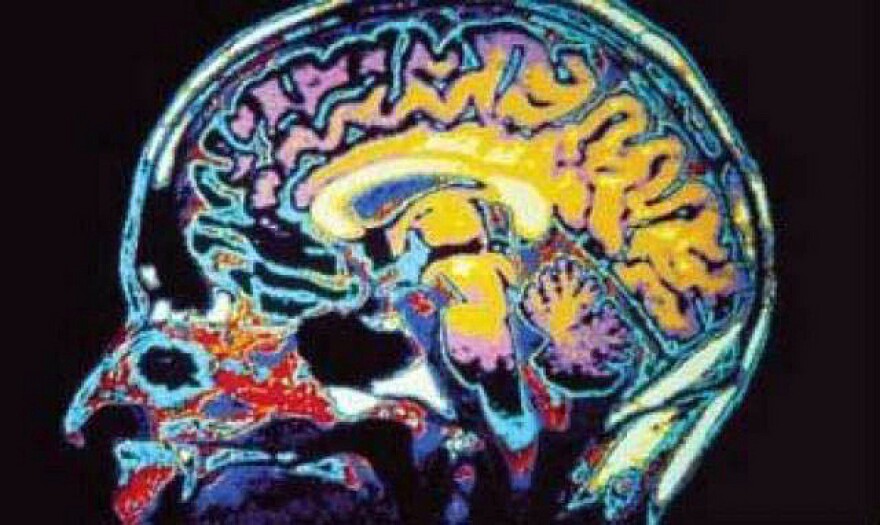Spending just 20 minutes talking to a social worker might boost recovery from head injuries, and the benefits seem to last for months according to new research out of the University of Washington’s School of Social Work.
Concussions are, of course, a medical problem, requiring an exam and usually a brain scan. But research shows social and psychological factors make a difference in how well people bounce back from a mild traumatic brain injury.
UW Assistant Professor Megan Moore, also affiliated with the Harborview Injury Prevention and Research Center, created a quick procedure for social workers to administer to concussion patients leaving the emergency room. The social worker lays out common symptoms from the injury.
“In a sense we’re sort of warning people what to expect,” Moore said. “were also providing targeted coping strategies. We’re saying, hey, you know, you might experience this, and here’s some strategies you can use.”
They also talk about alcohol use and where to find more help, with the whole thing taking about 20 minutes. Thirty-two patients got the counseling, and Moore’s team followed up with them three months later. Compared with people who only got the usual care, those patients were doing significantly better in their daily lives.
“Doing things like grocery shopping, going to work, taking care of your children – the intervention group was able to maintain their functioning on that scale, and the usual-care group did not. They actually declined,” Moore said.
The group that got the extra counseling was also less likely to be abusing alcohol. Moore said it’s a promising finding based on pretty small sample sizes, which now needs to be backed up by a larger, randomized study. The results are published in the journal, "Brain Injury."







